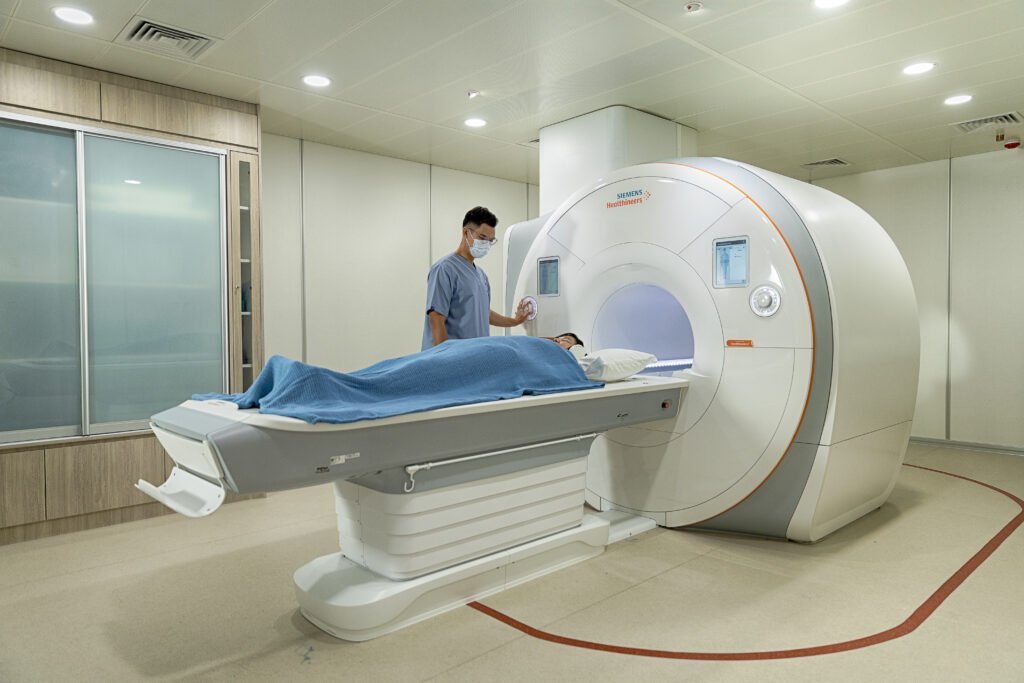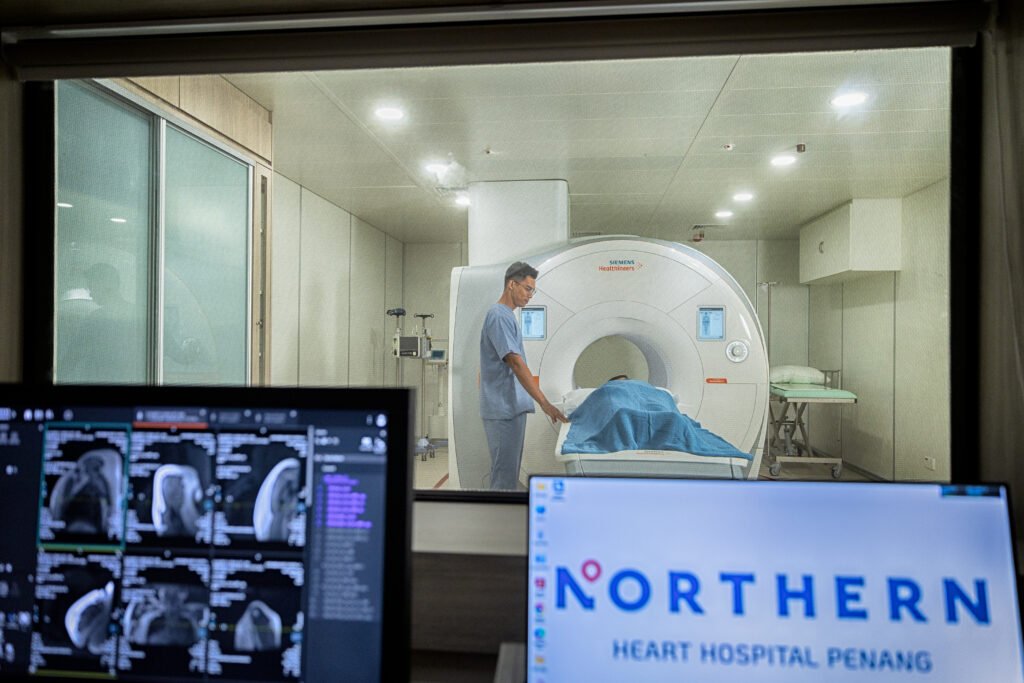Benefits of Heart Screening in Malaysia
Heart health is a crucial aspect of overall well-being, particularly in a country like Malaysia where cardiovascular diseases rank as one of the top killers. The increasing prevalence of heart-related illnesses underscores the importance of preventive measures like heart screening. This article delves into the numerous benefits that heart screenings offer to the Malaysian populace, aiming to shed light on why such preventive measures are not just beneficial but essential.

Why Heart Screening is Important
Understanding Heart Diseases in Malaysia
Cardiovascular diseases are a leading cause of death in Malaysia, contributing to nearly a quarter of all deaths annually. This high rate of heart-related illnesses highlights the critical need for early detection and prevention strategies. Regular heart screenings can detect problems before symptoms become apparent, thereby potentially saving lives and preventing complications.
Benefits of Early Detection
Early detection through heart screening can lead to interventions that significantly alter the course of heart diseases. Treatments can be more effective when started early, and in some cases, lifestyle changes can completely reverse the risk factors associated with heart diseases.
Types of Heart Screenings Available in Malaysia
Basic Heart Screening
Basic screening often includes blood tests to check cholesterol and glucose levels, a chest X-ray, and an Electrocardiogram (ECG) to assess the heart’s electrical activity. These tests are quick, non-invasive, and can provide a snapshot of an individual’s heart health, identifying potential issues that require further investigation.
Comprehensive Heart Screening
For those at higher risk or individuals who want a more detailed assessment, comprehensive heart screenings are available. These may include echocardiograms, which use ultrasound waves to create images of the heart; stress tests that monitor the heart’s performance under physical stress; and more sophisticated imaging tests like CT and MRI scans that provide detailed pictures of the heart’s structure and function.

Who Should Consider Heart Screening
Heart screening is recommended for adults over the age of 40, particularly those with risk factors such as high blood pressure, high cholesterol, diabetes, a family history of heart disease, or a personal history of smoking. However, younger individuals with multiple risk factors might also benefit from earlier screening.
Benefits of Regular Heart Screening
Early Detection of Heart Issues
Regular screenings can catch issues like arrhythmias, congenital heart defects, and the buildup of plaque in the arteries early on. Early detection allows for timely management, which can mitigate the risk of heart attacks or strokes.
Monitoring Heart Health Over Time
Heart screenings provide a benchmark for one’s health that doctors can use to track changes over time. This is particularly important for people undergoing treatment for heart conditions, as it helps doctors adjust treatments as needed.
Impact on Lifestyle Adjustments
The feedback from heart screenings often serves as a catalyst for positive lifestyle changes. For example, discovering that one has high cholesterol or borderline hypertension can encourage dietary adjustments, increased physical activity, and other healthful changes.
How Heart Screening Can Save Lives
Heart screening plays a critical role in preventive health care by identifying potential heart conditions before they develop into serious health issues. Routine screenings detect various cardiovascular anomalies, from arterial blockages to irregular heart rhythms, which might not yet produce noticeable symptoms. Early detection enables timely medical interventions, such as medication adjustments, lifestyle changes, or even more advanced procedures if necessary. This proactive approach significantly reduces the risk of heart attacks, strokes, and other life-threatening conditions, thereby preserving health and extending lives.

Technological Advancements in Heart Screening
Malaysia has embraced several technological advancements in medical diagnostics, which have enhanced the accuracy and efficacy of heart screenings. Digital imaging and automated analysis have improved the detection rates of subtle heart anomalies that might have been missed in earlier times.
Costs and Accessibility of Heart Screening in Malaysia
The cost of heart screening in Malaysia varies depending on the type of tests and the facility. While some basic screenings are quite affordable, more comprehensive tests can be expensive. However, many insurance plans cover heart screenings, and government programs are available to help subsidize the costs for those in need.
Preparing for a Heart Screening
Preparing for a heart screening typically involves fasting for 12 hours prior to blood tests to ensure accuracy. Individuals might also be advised to avoid caffeine and medications that could influence heart rate or blood pressure.
What to Do After a Heart Screening
Interpreting Results
Understanding the results of a heart screening is crucial. A healthcare provider will typically go over the results and explain what they mean in the context of one’s overall health.
Next Steps after Screening
If a screening uncovers any issues, the next steps may include further diagnostic tests, consultations with specialists, or immediate lifestyle changes. Even if the screening shows no signs of heart disease, maintaining or adopting a heart-healthy lifestyle is recommended.
Common Myths About Heart Screening
Many people believe that heart screenings are only for the elderly or those with symptoms of heart disease. However, heart screenings can benefit a much broader demographic, providing insights into heart health before any symptoms appear.
Comparing Malaysia’s Heart Screening Services with Other Countries
Malaysia’s healthcare system offers heart screening services that are on par with international standards. The availability of state-of-the-art medical technology and skilled cardiologists ensures that residents of Malaysia receive quality care comparable to that in developed countries.

The Role of Diet and Exercise in Heart Health
A balanced diet and regular exercise play pivotal roles in maintaining heart health. Nutrient-rich foods and cardiovascular exercises strengthen the heart and reduce the risk of heart disease.
Future Trends in Heart Screening
The future of heart screening in Malaysia looks promising, with ongoing research into better risk assessment tools and more precise imaging technologies. These advancements promise to make heart screenings even more effective at preventing heart-related illnesses.
Conclusion
Heart screening is an invaluable tool in maintaining cardiovascular health and preventing heart disease. It is a proactive step that can lead to early detection and treatment of potential health issues, contributing significantly to long-term wellness. If you’re interested in learning more about your heart health and exploring available screening options, visit NH Heart Hospital’s Wellness Packages to find detailed information on comprehensive heart screening packages tailored to meet your needs.
FAQs
- At what age should I start getting heart screenings?
It’s generally recommended to start heart screenings by age 40 or earlier if you have risk factors. - What are the signs that I might need a heart screening?
Symptoms like chest pain, shortness of breath, or excessive fatigue are signals to get screened. - How often should I get my heart checked?
Depending on your risk factors, every 1-5 years is typical. - Is heart screening covered by Malaysian health insurance?
Many health insurance plans do cover heart screenings, but check your specific plan for details. - Can lifestyle changes really improve my heart health after screening?
Absolutely. Diet, exercise, and avoiding smoking can dramatically improve your heart health.
